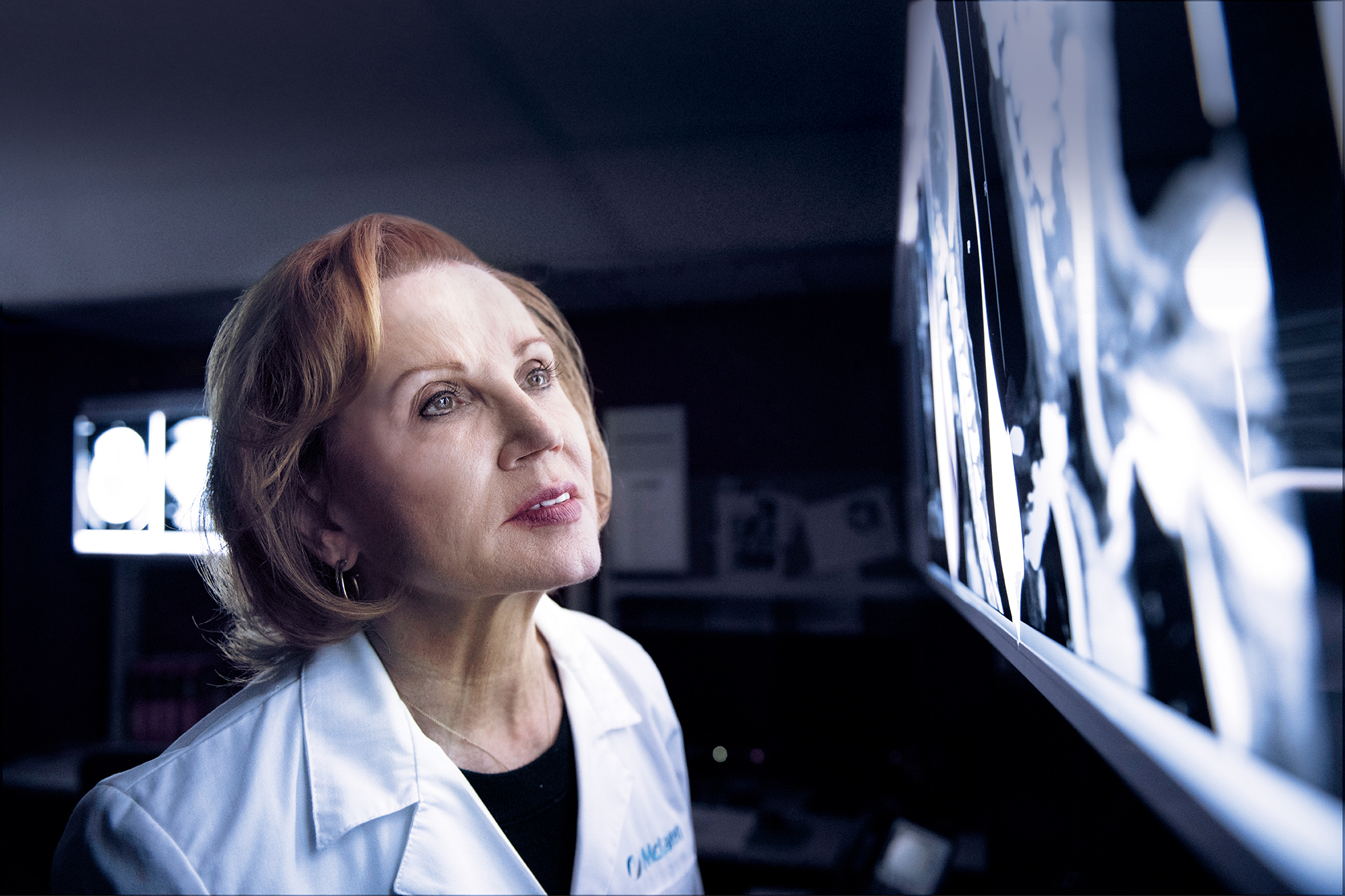Author: Sarah Barber

"Lung cancer can develop from breathing in toxic chemicals,” said Salah Aboubakr, MD, FCCP, FAASM, a pulmonologist who practices at McLaren Greater Lansing. “When smoking, you’re breathing in chemicals from the tobacco and other products added to the tobacco leaves, which can cause damage to your lungs. However, secondhand smoke, radon, and asbestos can also cause lung cancer."
Though it is commonly diagnosed in patients with a history of smoking, anyone can get lung cancer. It is the leading cause of cancer deaths in the U.S., but it is one of the most preventable cancers.
“Lung cancer can develop from breathing in toxic chemicals,” said Salah Aboubakr, MD, FCCP, FAASM,
a pulmonologist who practices at McLaren Greater Lansing. “When smoking, you’re breathing in chemicals from the tobacco and other products added to the tobacco leaves, which can cause damage to your lungs. However, secondhand smoke, radon, and asbestos can also cause lung cancer.”
According to the Centers for Disease Control and Prevention (CDC), chemicals, like tobacco, can weaken your immune system. Cancer occurs when abnormal cells grow uncontrollably in the body. If chemicals you have inhaled have already damaged cells in an area of your lung where cells are growing, your immune system may not be able to stop that growth.
The American Cancer Society estimates over 234,000 new cases of lung cancer are diagnosed yearly and there are over 130,000 lung cancer-associated deaths each year in the United States.
There are ways you can lower your risk of developing lung cancer. The first and most important is to quit smoking or never begin smoking. You should also limit your exposure to harmful chemicals, including radon gas, which can be found in your home.
If you know that you have been exposed to harmful chemicals, or you have a smoking history, speak to your physician about getting screened for lung cancer. Even if you quit smoking, you can still be at risk of developing this disease.
“The goal is to find cancer early before it has a chance to grow, spread, or cause problems,” said Dr. Aboubakr. “A lung cancer screening may catch lung cancer in the early stages, which can give patients a better chance at managing the disease.”
Recommended guidelines for lung cancer screenings highlight those who are:
- 55 – 80 years old
- Current or former smokers with at least a 30 pack-year smoking history (one pack a day for 30 years or two packs a day for 15 years, etc)
- Current smokers or those who have quit within the past 15 years
“If you and your doctor decide that screening is right for you, you will need to have a low-dose CT scan once a year if your scans continue to be normal. You can stop getting screened at age 80 or once you have gone 15 years or longer without smoking,” advised Dr. Aboubakr.
Lung cancer screenings can be done in as little as 15 minutes. For more information about lung cancer screenings, click here.